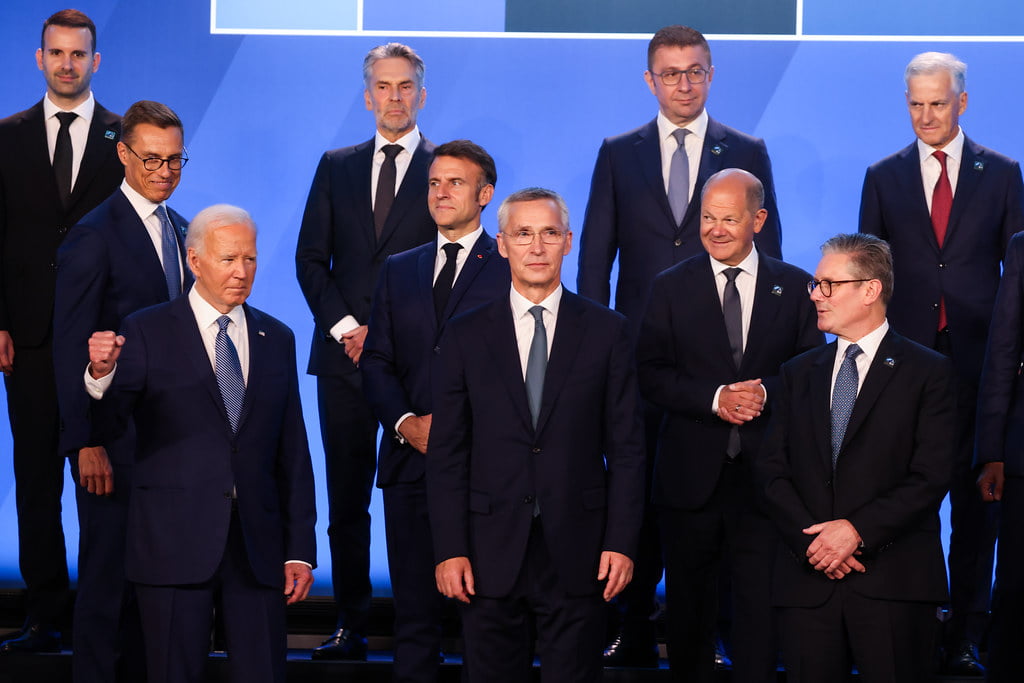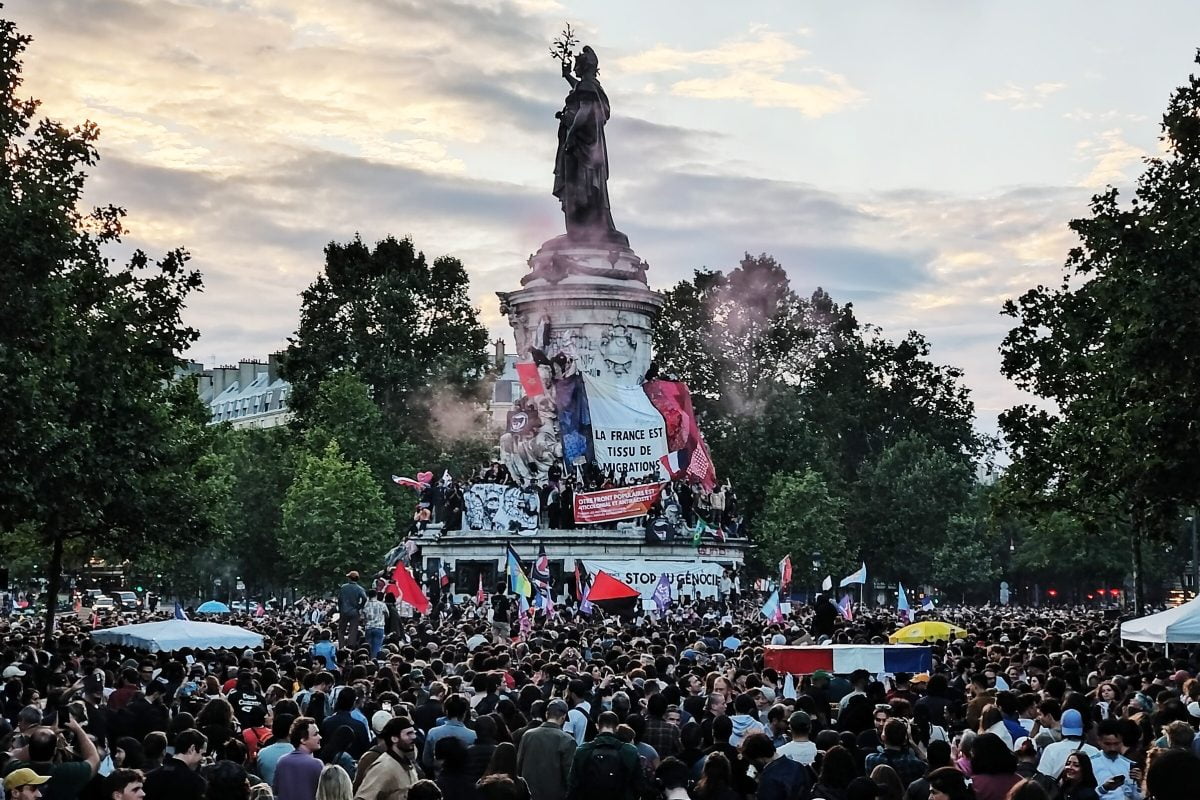On the 16th May, the results of the Indian elections were announced. Narendra Modi – right wing Hindu nationalist of the Bharatiya Janata Party (BJP) has been elected Prime Minister. Sparsh Pandya looks at the pro-capitalist programme of Modi and the BJP, which aims to divide the working class along ethnic and religious lines.
On the 16th May, the results of the Indian elections were announced. Narendra Modi – right wing Hindu nationalist of the Bharatiya Janata Party (BJP) has been elected Prime Minister. Pandering to big business and championing neo-liberal economics, reducing welfare policies, and running on divisive lines of religion was the rhetoric of Modi’s campaign. No attempt has been proposed by Modi to alleviate the illiteracy, lack of healthcare and social benefits suffered by the working class of India; instead, the new Prime Minister ran on a populist, image based campaign to secure votes through negative cohesion.
The success of this negative cohesion can be seen when one looks at, on the whole, who voted for the BJP. The majority of the votes were from both the Hindu working class and also the business elite – an inherent contradiction as his policies will further exploit the labour of the workers to serve the business class; yet he managed to win over both with a populist campaign and by promoting reactionary prejudices of racism and nationalism in order to divide the working class.
Modi’s divisive politics is rooted in his affiliation with the Rashtriya Swayamsevak Sangh (RSS) as a key speaker since 1972. The history of the RSS and its sister organisations are interwoven with complex Hindu-centric politics. In response to British colonisation, the Sangh’s agenda was to build a strong Hindu nation through physical and military training and construction of a fundamental Hindu identity that asserts higher-caste cultural values. It was a political strategy for free-India where upper-caste and -class Hindus could accumulate and maintain social and cultural power and privilege over other religious (especially Muslims and Christians) and ethnic minorities.
This association was reflected in Modi’s role as Chief Minister of Gujarat. One major incident during his time as Chief Minister was conveniently unaddressed in his election campaign. Following the burning of a train full of Hindu pilgrims there were outbreaks of targeted violence statewide. These mass killings against the minority Muslim population continued for three months. Some commentators, however, are of the opinion that the attacks had been pre-planned, and that the attack on the train was a staged trigger. According to official figures, the riots resulted in the deaths of 790 Muslims and 254 Hindus and over 2000 injuries. There were cases of rape, children being burned alive, looting and destruction of property. Numerous inquiries and commissions, such as the National Human Rights Commission (NHRC) of India, have stated that Narendra Modi had complete command over the police and other law enforcement machinery during the period. The European Union, and major human rights organisations such as Amnesty International, Human Rights Watch and People’s Union for Civil Liberties (PUCL) have condemned the Gujarat violence, and pointed to the complicity of the Government of Gujarat in the execution of the event. The lack of sufficient police intervention when Modi had full power to do otherwise makes the incident tantamount to ethnic cleansing and some independent observers have stated that these events met the legal definition of genocide.
When asked about the incident in an interview 10 years later, in the run up to his election campaign Modi responded by saying, “If I am in the back seat of a car and a puppy comes under the wheels, isn’t it painful? It is. Whether I am a chief minister or not, I am a human being – I will be sad if something bad happens anywhere.” This response caused outrage amongst the community affected. It is not only dehumanising an entire community as ‘puppies’, but is incredibly insensitive given the fact that the term ‘kutta’, meaning ‘dog’, is generally used as an insult in India.
Modi claimed that he was powerless at the time, yet he was not only Chief Minister of the state – he had full control of the law enforcement services. It is remarkable to see how carefully the BJP painted over this incident when campaigning and referred to it as a ‘thing of the past’, which should not be dwelled upon. It is a fairly logical view that an act of genocide should certainly be dwelled upon and remembered when the person in connection to the incident is running for Prime Minister. This incident shows the strategy of Modi, the BJP, and the Indian ruling class: divide the working class and set them against one another.
It comes down to a class issue: Modi’s programme appeals to the business and commercial elite through his neo-liberal stance on the economy, which will be achieved by the division and increasing exploitation of the working class. For the vast majority of people in India, neither the BJP nor Congress offer an alternative. This puts into question the naming of India as the ‘world’s largest democracy’ – a ‘democracy’ with no real choice for the masses.
This lack of a genuine alternative for people to vote for was the main reason behind Modi’s victory. Until such a programme is presented, with socialist policies to improve education, healthcare, social welfare, we will see further and further divisions between rich and poor. This must be fought for on a class basis, with a unity of the masses against the capitalists, and no division along ethnic or religious lines. The only real choice for the mass of workers, peasants, and youth in India is between socialism and barbarism.






